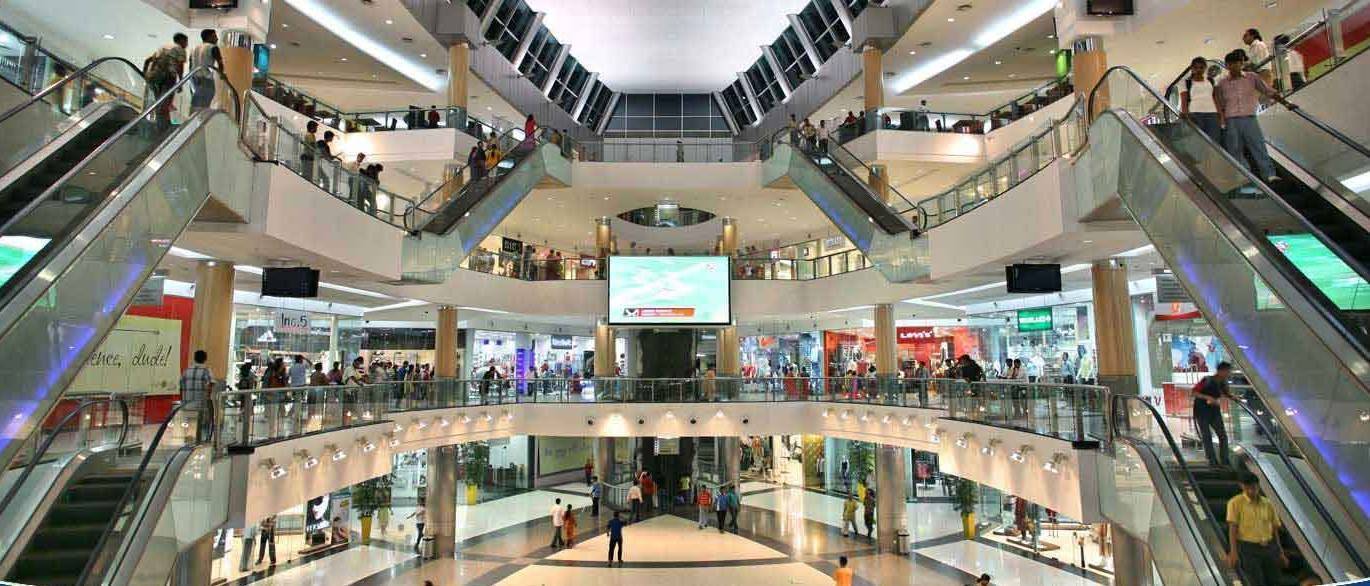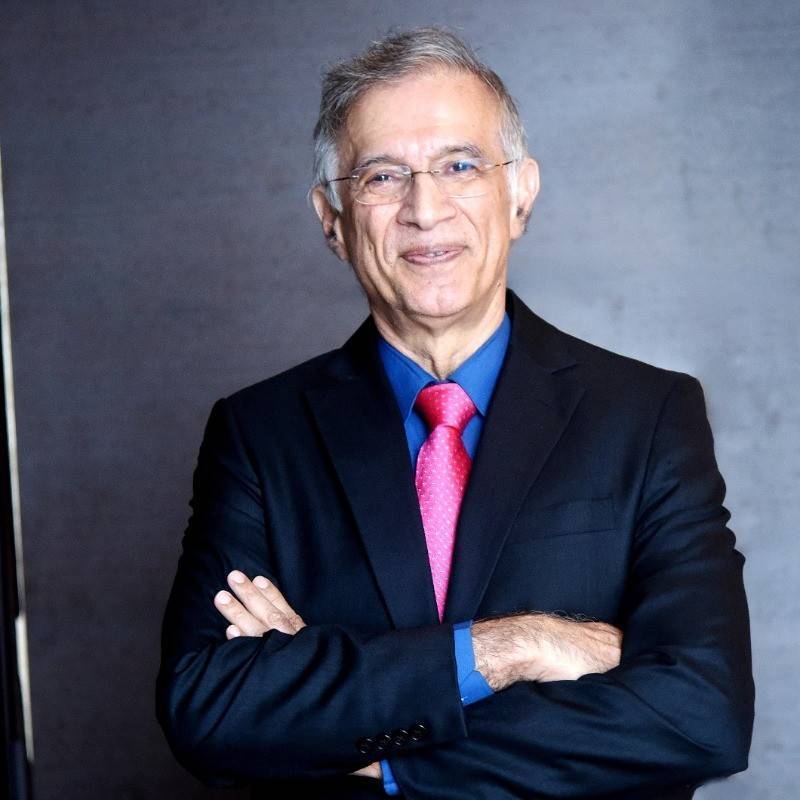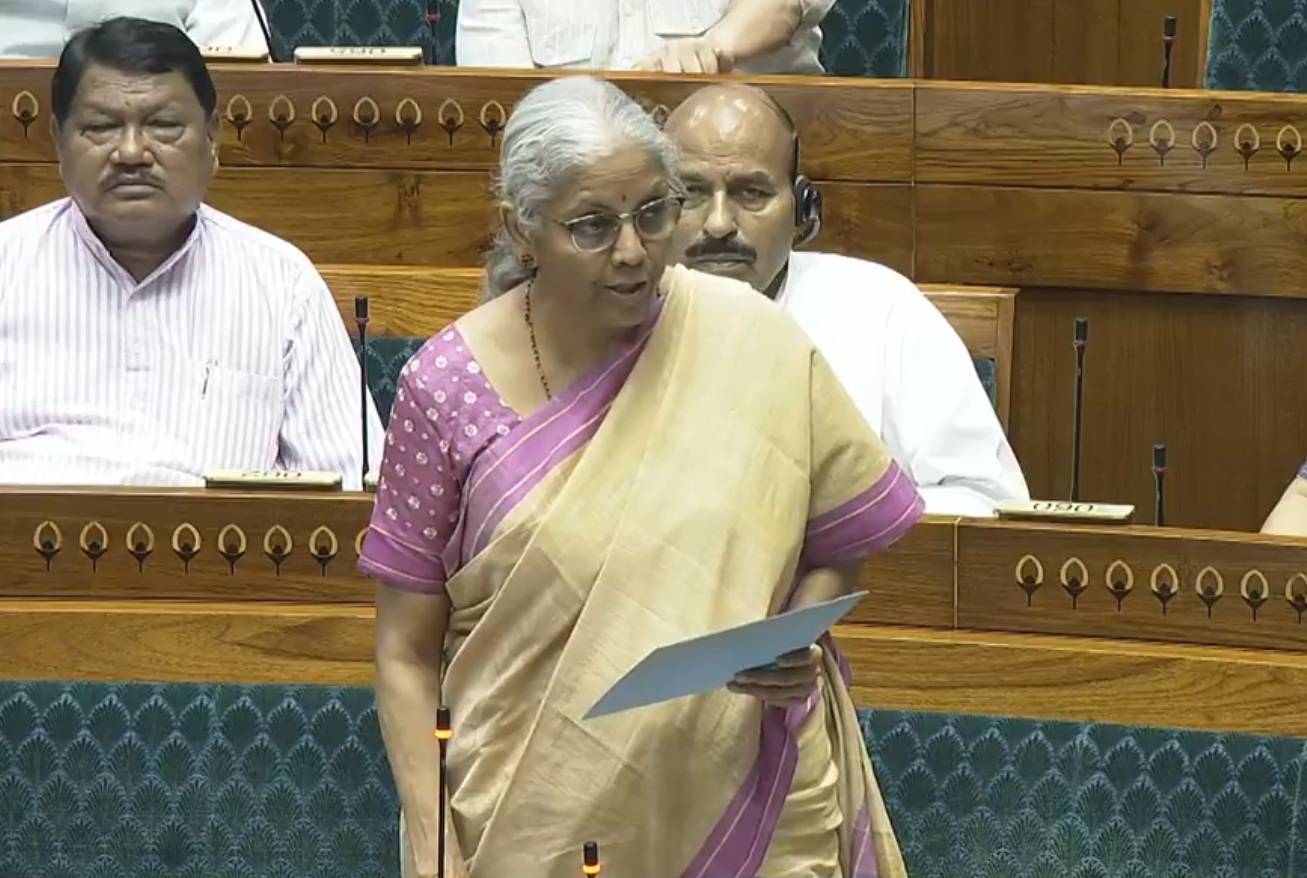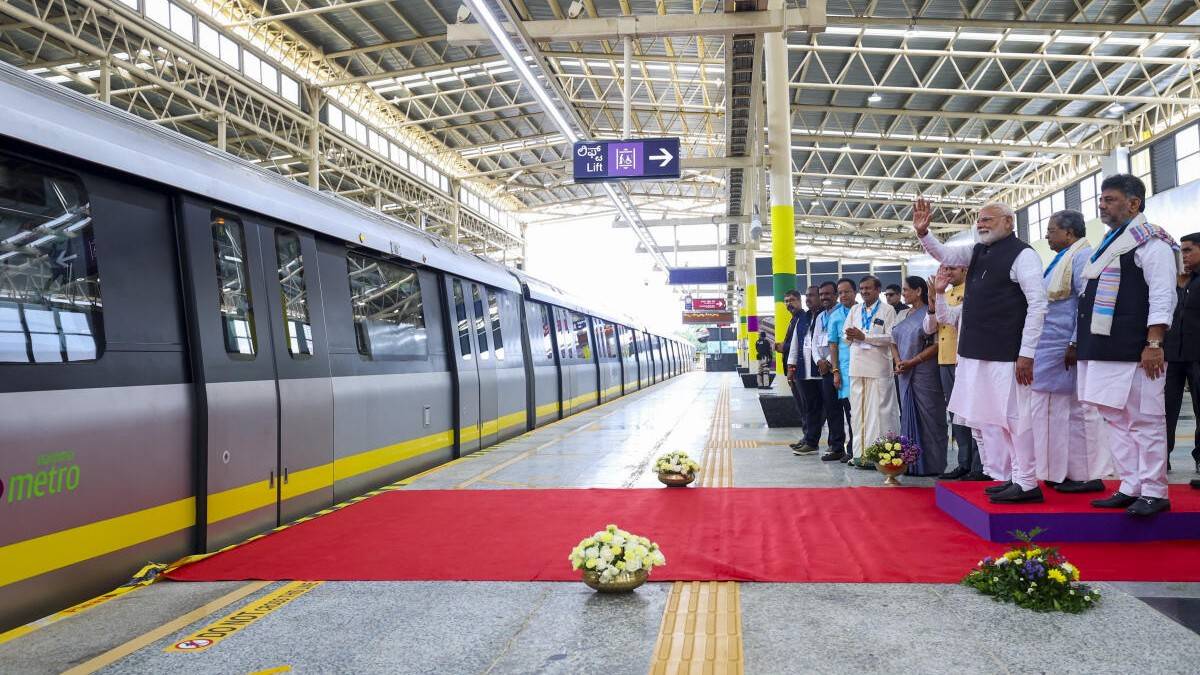US-based investment firm Blackstone has acquired South City Mall in Kolkata for ₹3,250 crore, marking the city’s largest real estate transaction to date. The deal signals the fund’s formal entry into the retail property segment of eastern India, adding a key asset to its already significant portfolio across the country.
The acquisition was officially announced by South City Projects, the entity that owns and manages South City Mall. The holding company represents a consortium of six business families in Kolkata that jointly developed the retail project and other real estate ventures over the past two decades.
Located on Prince Anwar Shah Road in south Kolkata, South City Mall spans 12.5 lakh square feet, with a gross retail area of 6.5 lakh square feet. Since its launch in January 2008, the mall has operated as one of eastern India’s busiest retail hubs. The property records a daily footfall of 55,000–60,000 visitors, with peaks reaching 75,000 to 2 lakh during weekends and festive periods. Its average annual turnover is reported to be around ₹1,800 crore.
This acquisition marks Blackstone’s first major retail asset in eastern India, expanding its presence to 19 malls across 15 Indian cities. The investment firm has been active in India's retail real estate segment for over a decade and currently holds one of the country’s largest retail portfolios. The inclusion of South City Mall is seen as a key component in Blackstone’s broader strategy to gain ground in new regional markets.
Blackstone’s India real estate acquisitions head, Asheesh Mohta, stated that the firm aims to build upon the operational foundation established by South City Projects. He emphasized Blackstone’s intention to support long-term operations while integrating its experience in managing retail properties across India.
South City Mall was developed and operated by South City Projects Ltd, a joint venture of six established Kolkata-based business groups. These include the Emami Group, Merlin Group, Park Chambers Group, Shrachi Group, Jugal Kishore Khetawat, and Rajendra Kumar Bachhawat. Over 25 years, this consortium has undertaken several collaborative real estate projects in the city, with South City Mall being among the most prominent.
According to Sushil Mohta, Chairman of Merlin Group and Director at South City Projects Ltd, the decision to sell the asset was based on long-term value alignment and operational continuity. He noted that the transaction was structured to ensure that the mall’s existing ecosystem remains undisturbed while benefitting from Blackstone’s operational expertise.
Real estate consultancy firm Anarock was the sole transaction advisor for the deal. Soumendu Chatterjee, Regional Director – Land, Anarock Group, said the firm supported both parties in due diligence, valuation, and final negotiations. He noted that South City Mall has maintained a consistent footfall over the years and continues to be one of the region’s most visited commercial destinations.
South City Mall hosts a wide range of international and national retail brands, including Zara, Adidas, Tommy Hilfiger, Calvin Klein, and Armani Exchange. The food and beverage section includes outlets like Starbucks, Mainland China, Chili’s, and a regional food court, which is considered one of the largest in the city. The mall also features a multiplex cinema, apparel chains, electronic showrooms, and other retail anchors.
Its proximity to the EM Bypass, Jadavpur, and Tollygunge has contributed to sustained demand from both consumers and tenants. The mall’s location is seen as strategic for expanding footfall across central and southern Kolkata.
With the acquisition now complete, Blackstone is expected to take over management and operations in the coming months. While no changes to the tenant mix or management staff have been announced, the company is likely to apply its standardised asset management protocols to enhance performance.
Industry analysts suggest that the deal could drive further institutional investments in Kolkata’s commercial and retail real estate sectors, which have traditionally seen lower foreign institutional participation compared to Mumbai, Bengaluru, and Delhi NCR.









